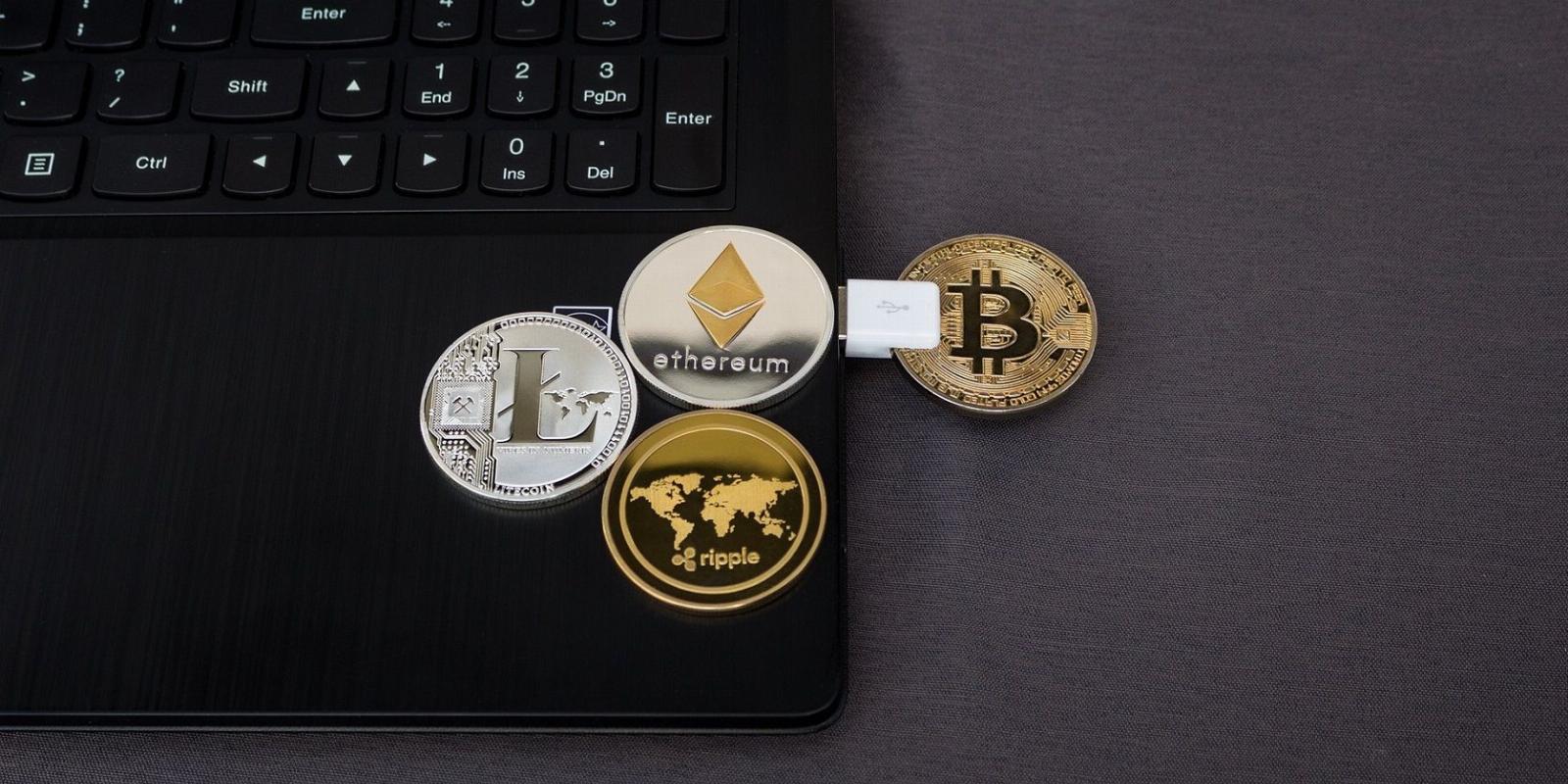
What Are Self-Custody Wallets and How Do They Work?
Reading Time: 4 minutesIf you want to control your crypto, a self-custody wallet is vital.
If the fourth-largest cryptocurrency exchange platform, FTX, can go belly up in an instant, it’s easy to imagine how you can lose all your life savings within seconds. Size no longer matters in determining if a company is good enough to hold your investments.
It’s no surprise that more and more investors are opting to take control of their digital assets, and the best option is a non-custodial wallet. As the crypto industry grows, many people want to ensure they’ve locked their assets in the right place. You are most likely included.
Let’s look at self-custody wallets, how they work, and their benefits and risks.
What Are Self-Custody Wallets?
Self-custody wallets, also called non-custodial wallets, are digital wallets that let you store, manage, and trade cryptocurrencies without the help of a third party.
They are unlike custodial wallets, which hold your private keys. Instead, they give you complete control of your private keys, which you’ll use to access your digital assets, such as Bitcoin and Ether, on their blockchains.
On the blockchain, each private key is paired with a public key, and a transaction can’t happen without the unique pair. By holding your private keys, you alone can ensure the security and privacy of your digital assets.
4 Examples of Self-Custody Wallets
Self-custody wallets differ based on where your private keys are stored. Different self-custody wallets store them in different places, too.
1. Mobile Wallets
These smartphone apps generate private keys and store them on your phone. You can back them up and recover them when needed. They are convenient for users who need to access their cryptocurrency frequently. Examples include Coinbase Wallet and Trust Wallet.
2. Desktop Wallets
These are computer programs that you install on your desktop or laptop. They are usually more complex than their mobile versions and offer a higher level of security and privacy. They generate private keys and store them on the host computers. Examples include Electrum and Exodus.
3. Hardware Wallets
These physical devices securely store private keys offline and approve transactions when connected to the blockchain through a desktop-based app. In addition, they’re safer than software wallets because the private keys aren’t available on the internet. For more information, see our comparison of Trezor and Ledger, the two most popular hardware wallets.
4. Paper Wallets
When you write down or print your private and public keys on a piece of paper, you have created a paper wallet. It’s completely offline and gives you a high level of security. However, paper wallets are vulnerable to loss or physical damage. To create a paper wallet, you need a wallet generator like Bitaddress.org.
What Are the Benefits of a Self-Custody Wallet?
Using self-custody wallets comes with a lot of perks, including:
- User control: You own your private keys, so you have full control of your digital assets. You don’t need permission from a third party to manage and deal with your cryptocurrency.
- A higher level of security: Non-custodial wallets offer better security than custodial wallets because the keys are stored offline. Being offline protects your keys from online hackers, whether it’s on your phone, computer, hardware, or a piece of paper.
- More privacy: Self-custody wallets let you interact with your digital assets and make peer-to-peer transactions without revealing your identity. However, while they offer more privacy, you can’t achieve total anonymity since most cryptocurrencies are still traceable.
- Lower Fees: Unlike custodial wallets, which charge transaction fees to cover management and security costs, self-custody wallets have much lower transaction fees. This makes them cheaper for avid crypto traders who value security and privacy.
Self-custody wallets give you pros similar to having a physical wallet. You have your money with you. If you’re careful, it’s safe, secure, and private, and it only costs you a bit of arm strength (low transaction cost) to pick a dollar and buy something.
What Risks Do Self-Custody Wallets Have?
Of course, no method is perfect. Consider the downsides of using self-custody wallets, too, such as:
- Loss of private keys: If you lose your private keys for any reason, you lose access to your funds, and there’s nothing you can do to recover them. This typically happens with inexperienced users unfamiliar with the best practices for securing their private keys.
- Hardware failure: Every piece of hardware is prone to damage and failure if not handled or stored properly. Again, if this happens, you’ll lose your private keys and thus lose access to your digital assets.
- Theft of digital assets: If a malicious person gains access to your private keys, whether it’s through your devices or by coming across your paper wallet, they can steal your digital assets, and you might never recover them.
Again, self custody-wallets subject you to cons similar to having a physical wallet but on a worse scale. If you forget your wallet (private keys), use a wallet with a vulnerability (hardware failure), or unknowingly let a malicious person access it, you will lose your crypto.
Should You Use a Self-Custody Wallet?
Self-custody crypto wallets give you more freedom and privacy, but you must be careful and responsible with storing your private keys. One ignorant mistake or forgetful moment can lead to you losing your digital assets.
It’s true that when you don’t own the private keys, you don’t own the crypto. But do you have the skills and habits to own and keep your private keys safe?
Reference: https://www.makeuseof.com/what-are-self-custody-wallets/
Ref: makeuseof
MediaDownloader.net -> Free Online Video Downloader, Download Any Video From YouTube, VK, Vimeo, Twitter, Twitch, Tumblr, Tiktok, Telegram, TED, Streamable, Soundcloud, Snapchat, Share, Rumble, Reddit, PuhuTV, Pinterest, Periscope, Ok.ru, MxTakatak, Mixcloud, Mashable, LinkedIn, Likee, Kwai, Izlesene, Instagram, Imgur, IMDB, Ifunny, Gaana, Flickr, Febspot, Facebook, ESPN, Douyin, Dailymotion, Buzzfeed, BluTV, Blogger, Bitchute, Bilibili, Bandcamp, Akıllı, 9GAG